At the 80th Venice Film Festival, Yorgos Lanthimos presented us with Poor Things (2023), a gem that combines a superb use of visual resources and a powerful story well told —based on Alasdair Gray‘s novel of the same title (1992) and scripted by Toni McNamara (The Favourite)— without lacking provocation, never gratuitous and always stimulating, as well as an approach to the gender issue that could not be more original and effective.
With an aesthetic inspired by steampunk and an alternation of black and white and color, with a narrative purpose, the director of Alps has composed a film as identifiable with his creative universe as the previous ones, but he has taken a step forward by delving, among other beloved themes, into the complexity of social dynamics, assumed statuses and the value of rebellion. Poor Things was a long matured project, prior to The Lobster (2015) and made after the international success of The Favourite, when he already had experience in shooting in English.
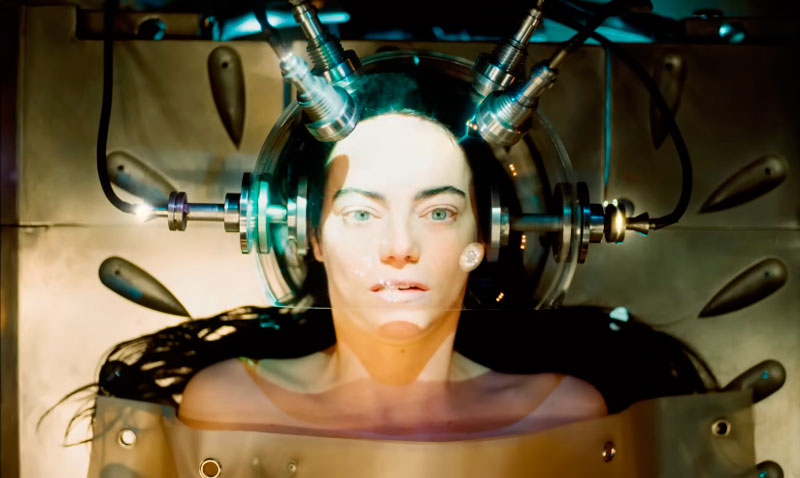
Emma Stone (Bella Baxter) is the absolute protagonist of the film, offering a superlative and resplendent performance. She is accompanied in her wanderings by Mark Ruffalo, Ramy Youssef and Willem Dafoe, including cameos by Hanna Schygulla and Margaret Qualley.
Poor Things is one of those movies that we do not want to end, because they grow, evolve along with their characters and amaze us, getting us to wonder, for example, how people have allowed thought patterns to limit us, reducing our point of view to that of the mass, or even, to stop taking for granted that some can decide on the lives of others. Bella has been saved from death and reanimated by Dr. Godwin Baxter (Willem Dafoe), but she has an infant brain, in fact the experiment is to test to what extent it is able to grow and evolve inside a woman’s body. What if we had another chance and could live again without mental locks and social pressure?
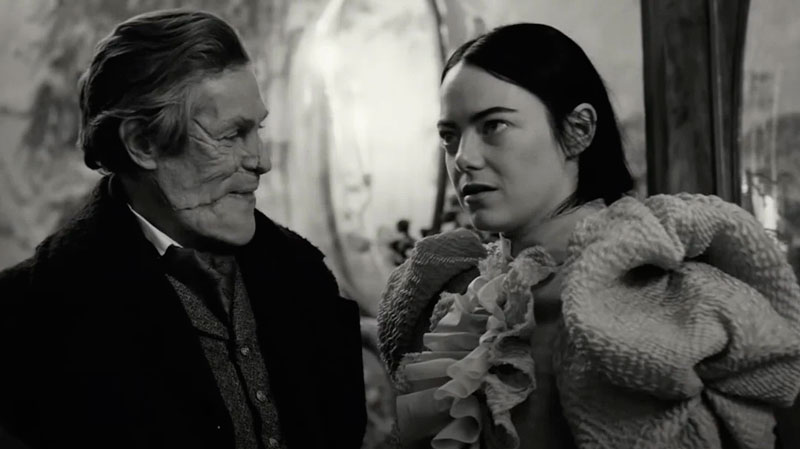
The first part of the film, shot in black and white and with numerous fisheye sequences, takes on an expressionist tone, of classic horror, where we may come to think that a gothic story of death and destruction awaits us. There is no skimping on Baxter’s display of craziness and sacrifices, always for the sake of science. However, we are not yet prepared for what awaits us in Poor Things. The baby tantrums and the obstinacy with which Bella experiments with crockery and the law of gravity, her stiff and hesitant gait (the physical performance is admirable), her childish language (diction and vocabulary) and her docility will soon give way to a gradually more mature behavior, in which her lack of filter and the freshness with which she contemplates the world will be decisive for her destiny. Combining the girl’s spontaneity with the woman’s body, Lanthimos is the one who has really carried out an experiment that confronts us all.
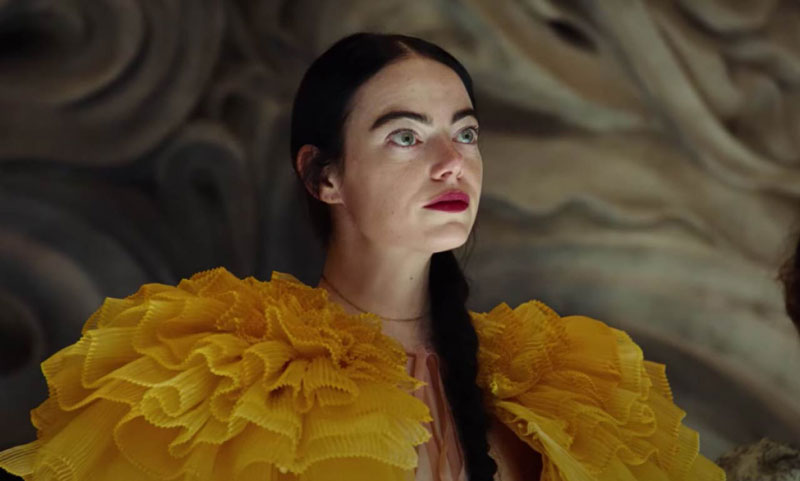
Bella is neither Frankenstein’s creature nor his bride, she is a woman, and all the spotlights are on her process of becoming an adult individual -but specifically and that will be the difference-, an adult woman. The director has shown us in his previous films that the individual bends to what he is taught and, in them, the absurd, assumed by his characters as convention and norm, has turned his works into surprising artifacts with shocking characters and crazy behaviors. In the Lanthimos universe, the worst fears and limitations of the human being are confronted with all kinds of senseless strategies, basically to achieve acceptance and adaptation to a herd where cruelty is the common denominator.
She calls her creator God, short for Godwin, so she is God’s creature, born for a purpose for which she has not been considered. As he did before, the Greek director resorts to animals to express the relationship that unites us with them and to make clear the value we place on them, but they also serve as metaphors for our own behavior and are the object of experimentation as is the human being himself. Animals are the object of sacrifice, but so are people, and when they do it voluntarily it implies the tax we pay for our freedom, as shown in the images that present us with Bella at the beginning of Poor Things, taking the only way out of the cul-de-sac that her life had become.
For the second time, Yorgos Lanthimos directs a period drama that does not ignore the social, class and family issues, but focuses above all on the question of gender. A portentous Emma Stone (co-producer of the film and active collaborator of the director) carries on her character all the weight of the film and its progression, with a fascinating charm, capable of turning the most audacious retorts into undeniable truisms. In Poor Things, all the men around Bella try to control her, albeit in different ways depending on their character, and the tactics are wrapped according to the motivations they claim (protection, honor). Bella is not blunt but assertive and clear, her sense of shame is not that conveyed by the notion of guilt that cages our potential, it simply does not exist. She distinguishes love from marriage and when it comes to sex she is a revolutionary. She is not a “good savage”, she is a woman who takes advantage of both her ability to learn and her unmodeled freedom to live her way, and to convince almost all of her peers and antagonists of the legitimacy of her choices.
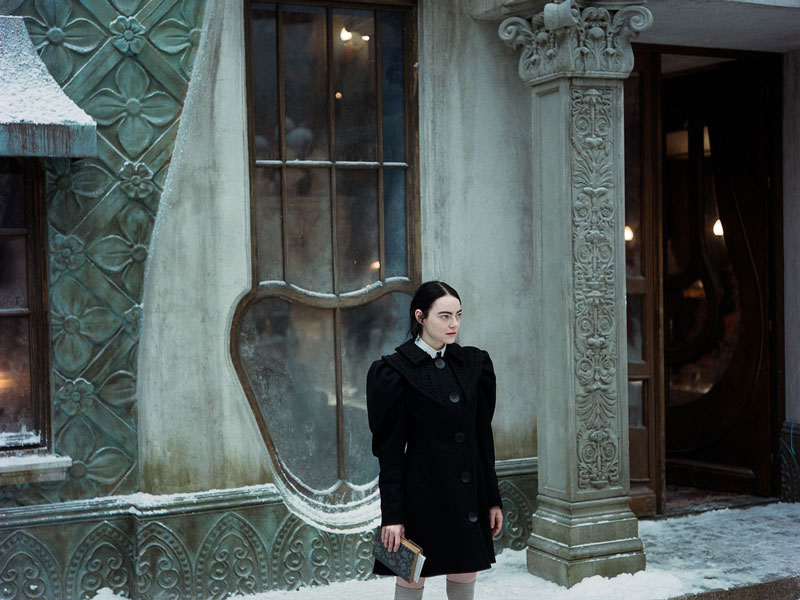
The frankness and rebellion against conventions, or orders based on a power relationship that tries to imprison her, allow Bella to embark on the adventure of life, which is the great adventure, without the nuance that the noun applied to a woman implies of moral judgment. The adventurous woman who desires to experiment insatiably becomes a human capable of dismantling the rules that corset her and adopting an unprecedented point of view, approaching that absurdity that only she is capable of recognizing, with a disarming humor. Her scenes with Duncan Wedderburn (Mark Ruffalo) are priceless, her dialogue worthy of a screwball comedy, and so well written and paced that we wish it would never end. Bella’s sexual frankness is disarming and her response to courtship is a coolness that has nothing to do with sass. The protagonist of Poor Things is capable of shattering, disarming, maddening and unsettling men with her sincerity and freedom of decision; she is the retro-futuristic Katherine Hepburn.
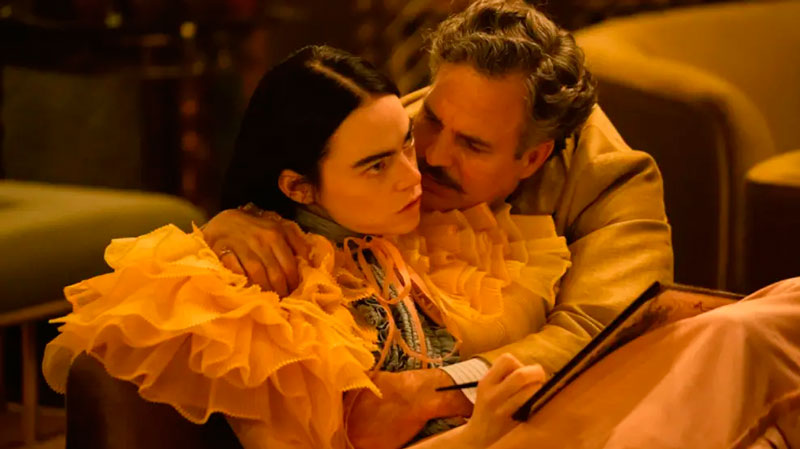
As we have already mentioned, the production design by James Price and Shona Heathes is overwhelming, everything is where it should be to contribute, the steampunk imagery, the deco facades, the winks (like the brothel windows), the design of the cities, the ships…, as well as Baxter’s house-laboratory. Robbie Ryan repeats after The Favourite as cinematographer and Lanthimos has again counted on his editor, Yorgos Mavropsaridis.
Holly Waddington has been the designer of a wardrobe that is part of the character -like this one, it also transforms at the same pace-, within an aesthetic that combines period features with avant-gardism (for example,balloon sleeves and shorts) and that serves Bella to highlight the kind of person she is in each phase of her life. Lanthimos has created pure cinema, where images and sound are not pure illustration but a vital element. The soundtrack has been composed by Jerskin Fendrix, British musician —and fan of The Killers—, whose style has been defined as electro punk and ultra-modern pop, who makes a cameo in the orchestra of Lisbon’s dancing. His compositions are challenging, but never gratuitously provocative —it is clear why he was chosen— and in his film debut he has managed to narrate the film in some moments, for example with his synthesizer minimalism, creating an atmosphere both haunting and disturbing.
This article was first published on September 2, 2023, during the Venice Film Festival.

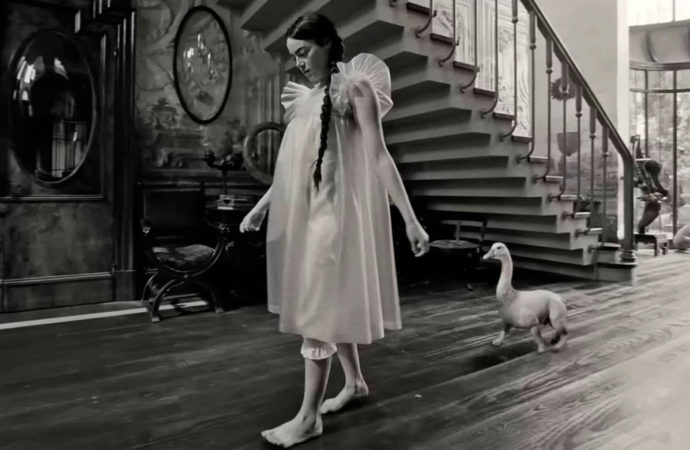

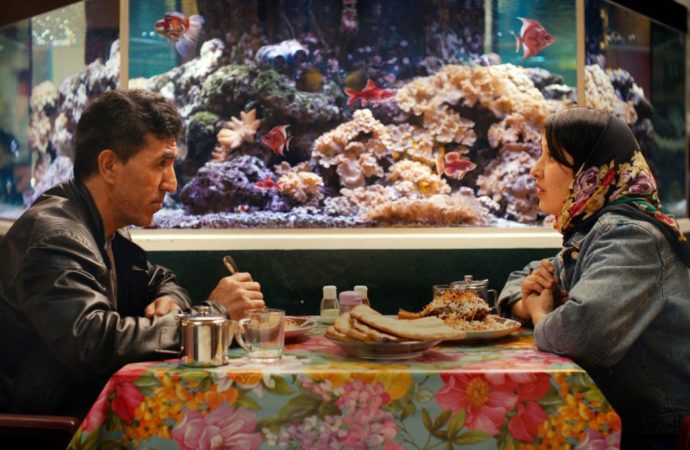

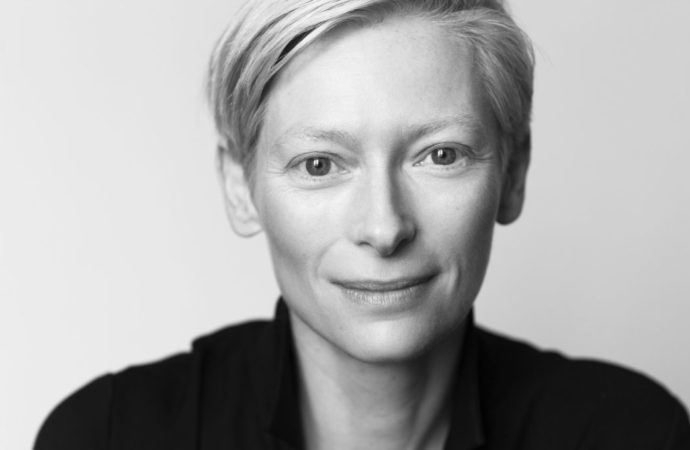
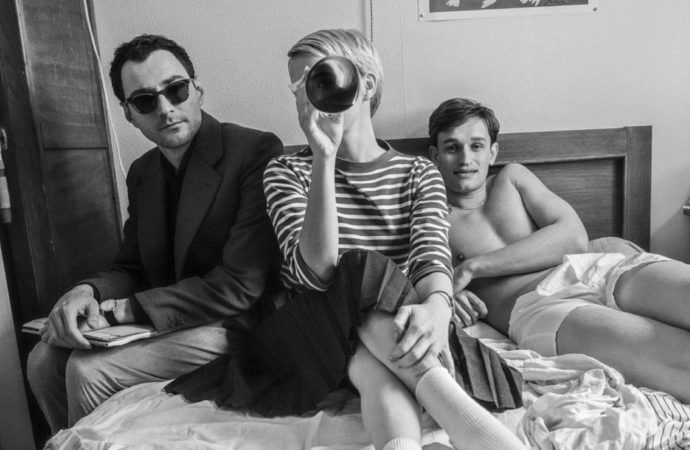
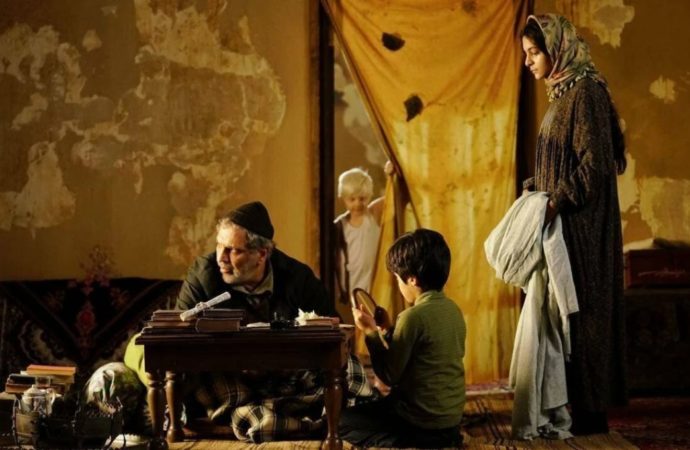
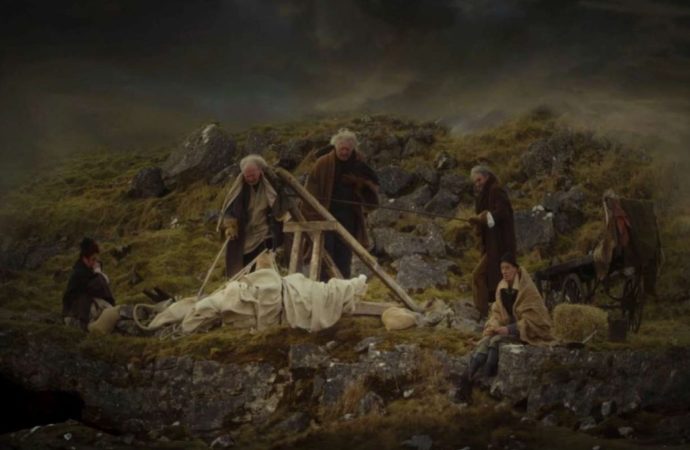
No one has posted any comments yet. Be the first person!